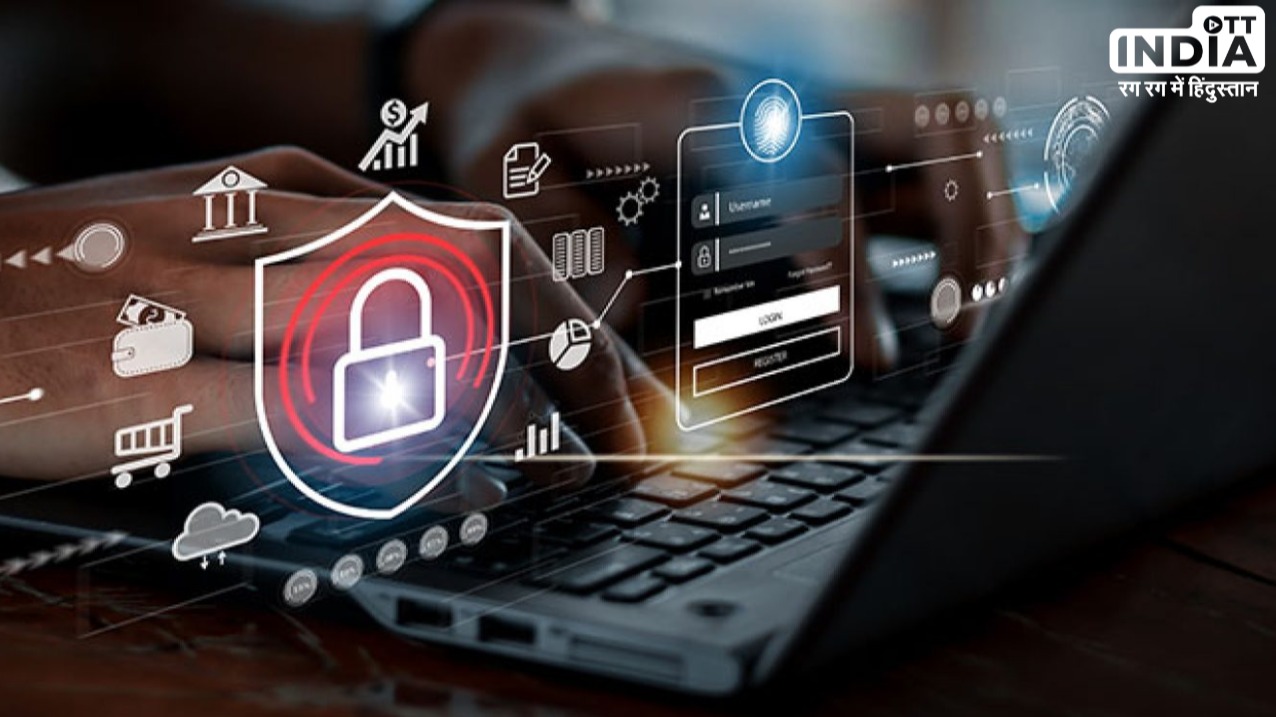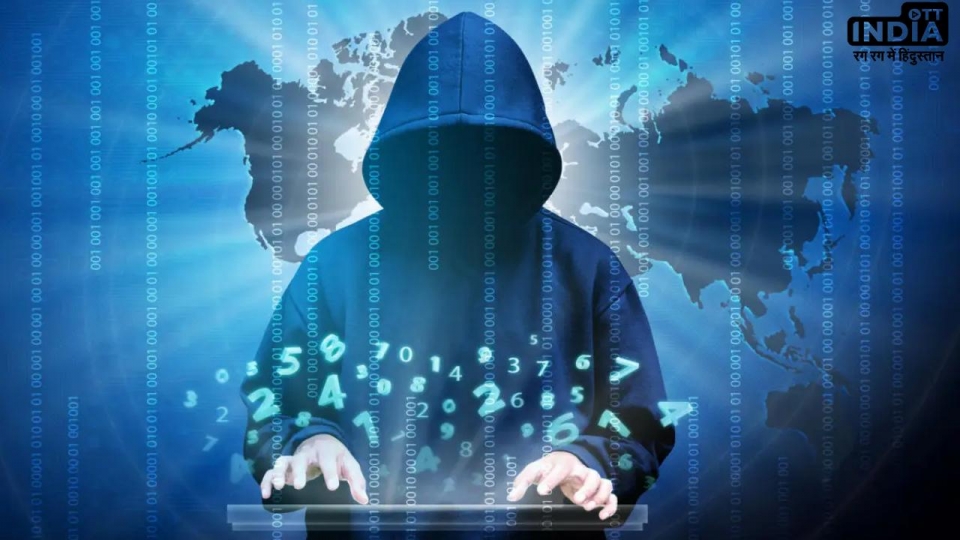Prime Minister Modi will assess the cyber threat to India's critical infrastructure.
Even though India and
the United States have united forces to combat cyber-threats, the Chinese
threat poses a serious risk to critical infrastructure.
PM Narendra Modi will
likely organise a high-level gathering to examine data security and privacy in
order to strengthen India’s critical infrastructure more resistant to hybrid
warfare in the face of increasing attacks and data breaches by arch-rivals in
the region.Read also this: What If You Don’t Link your Aadhaar and PAN Today? Explained
North and South Blocks,
including the Prime Minister’s Office (PMO), have taken extreme measures in
response to rising cyber threats to prevent data theft via malicious software
or computer faults. The National Informatics Centre downplays the severity of
the cyber-security threat as the government remains tight-lipped. The PMO has
also instituted robust measures to prevent unauthorized entry or participation
in video conferences presided over by PM Modi.
While much of India’s

Even though India and
the United States have united forces to combat cyber-threats, the Chinese
threat poses a serious risk to critical infrastructure.
PM Narendra Modi will
likely organise a high-level gathering to examine data security and privacy in
order to strengthen India’s critical infrastructure more resistant to hybrid
warfare in the face of increasing attacks and data breaches by arch-rivals in
the region.
Read also this: What If You Don’t Link your Aadhaar and PAN Today? Explained
North and South Blocks,
including the Prime Minister’s Office (PMO), have taken extreme measures in
response to rising cyber threats to prevent data theft via malicious software
or computer faults. The National Informatics Centre downplays the severity of
the cyber-security threat as the government remains tight-lipped. The PMO has
also instituted robust measures to prevent unauthorized entry or participation
in video conferences presided over by PM Modi.
While much of India’s
worries are kept secret, the Modi government is cognizant of the danger posed
by India’s arch-rivals and is working with partners like the United States and
France to construct strong firewalls to protect the country. The fact that
Singapore reportedly informed India about Chinese cyber attacks on Indian
military assets during Pakistan’s reaction to the Indian Air Force’s raid on
terror camps in Balakot. This on February 26, 2019, is indicative of the
gravity of the threat.

While the Indian
military works in an air bubble and the security agencies on stand-alone
servers, the Modi government is worried about how to keep enemy countries from
hacking into government e-mails, health, transportation, finance, power,
railways, and education. The Chinese attack on the computers at AIIMS Delhi was
just one example of the many attacks that come from China’s northern neighbor
that hurt people.
On the military side,
there are plans to increase the size of cyber command, which doesn’t have as
many officers as either the US or China. The cyber centre will have three
centres, two in the north and one in the south. These centres will help protect
India and fight back against computer threats.
Since Quad is a group
of open and working democracies, the four countries are also working together
on cyber-security by sharing technologies and information to counter the danger
from Middle-Kingdom and their client states as well as partners.
OTT India updates you with the latest news, Country’s no.1 digital news platform OTT India, Keeps you updated with national, and international news from all around the world. For more such updates, download the OTT India app on your Android and IOS device.

